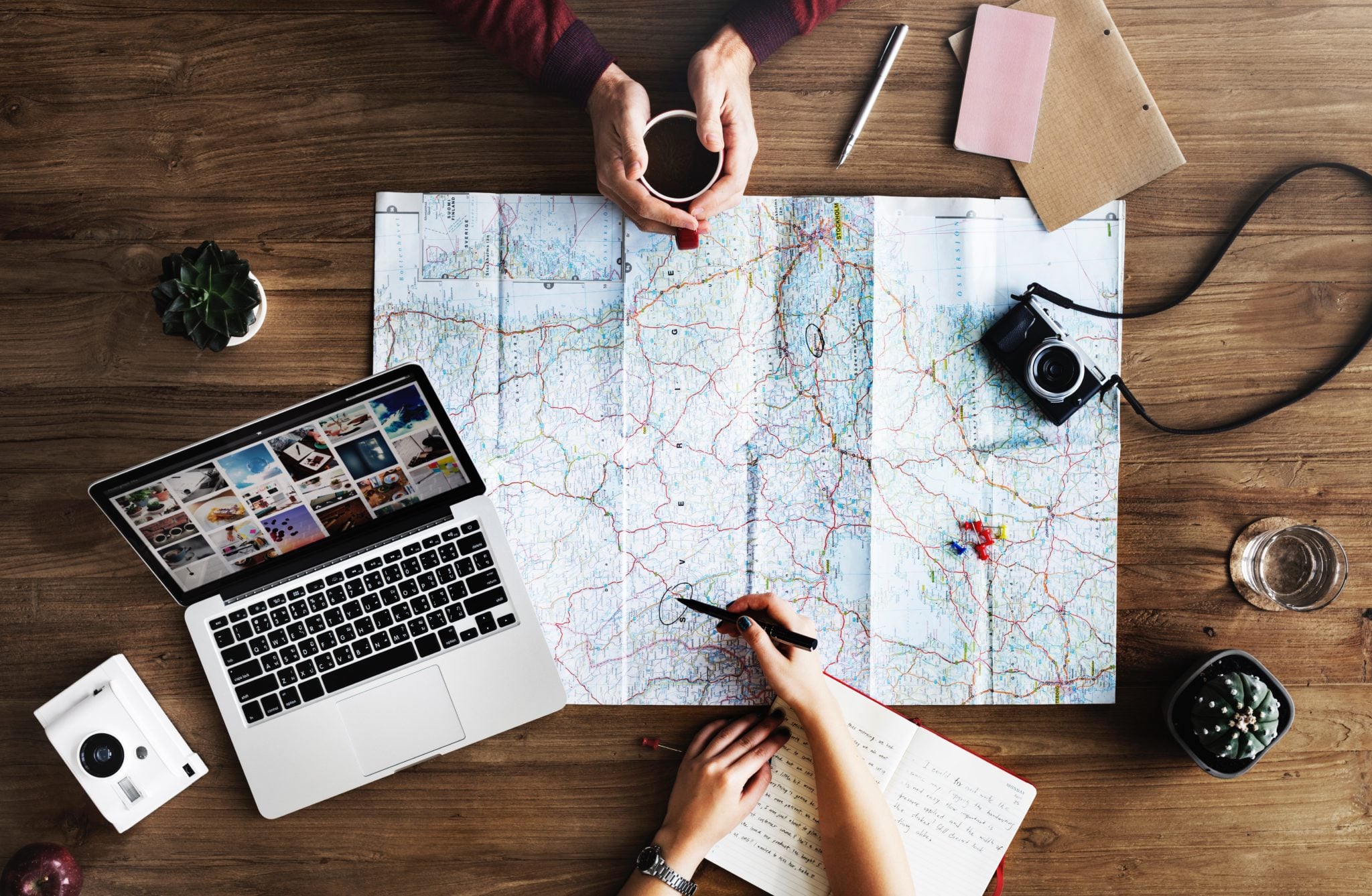
The future travel brand isn’t therefore just about moving people from A to B, unveiling new destinations, or organising trips. – Amadeus.com
When most people think of AI (artificial intelligence) they might imagine two different scenarios: either an evil super-computer taking over the world, or a friendly drone delivering their groceries from Amazon. Not surprisingly, pairing the word travel alongside AI creates the assumption of using a VR headset to travel the globe while sitting in your living room. The majority of the world’s population is uninformed about the empirical definition of artificial intelligence, and the profusion of applications where it can be used to improve our society.
One of those applications is as simple as a travel website suggesting destinations you might be interested in based on your recent interactions online. This seemingly mainstream example falls under the umbrella field of Machine Learning. Everyday examples of machine learning can extend to common observations such as the collection of movies and TV shows that Netflix displays to you based on your recent video history. Yes, Netflix uses AI (or machine learning) to suggest that you watch Friends after you spent a week binging on a similar show. Of course this might not be a direct benefit to society, but the applications that machine learning can provide for the travel industry are exciting for both consumers and companies in the industry.
It is these simple applications that will cause true disruption to the travel industry. Machine learning will provide beneficial services for travelers by creating personalized itineraries based on their interests and prior experiences. That means the computer will harness the power of your browsing history, so that every time you like an Instagram or Facebook post, it will remember and use that data to provide a unique itinerary for your next adventure. Travel planning is one of the primary complaints that people have when trying to find the best prices for flights, or trying to find interesting destinations to explore. Machine learning will make this process effortless for you, so that you can spend more time enjoying your trip.
Another application of machine learning in the travel industry will be to create a seamless customer service experience. Companies specializing in travel-related disruptions are already developing ML technologies for solving common issues such as delayed flights, and lost luggage. These problems are very familiar to frequent travelers and less frequent travelers alike. Travelers lose an estimated $16.7 billion in the United States alone due to flight delays, cancellations and mixed flights. This fact is due to the unwillingness of the average traveler to spend arduous hours fighting customer service representatives for the compensation they deserve.
Customer service automation, personalized itineraries, and intelligent travel booking, are only a few of the facets of the travel industry. These along with many other sub that will be drastically improved by machine learning in the coming years. Recent drops in flight prices, affordable accommodation services, and mesmerizing social media pictures of beautiful destinations, are all predictors of an exciting and profitable future for the travel and tourism industry.
Now is the time to start planning your voyage of the world, or better yet, let your computer plan it for you! ?
Interested in planning a road trip to the West Coast? Submit your dream vacation here and we’ll give you a FREE quote on your trip + a customized itinerary!
Want to Travel For FREE? Join our community of Travel Affiliates and earn commission for every travel package you sell + free travel opportunities!
->Follow @Caliquests on Facebook, Instagram, Pinetrest, Tumblr, and Twitter for access to West Coast adventures like a local on a budget!